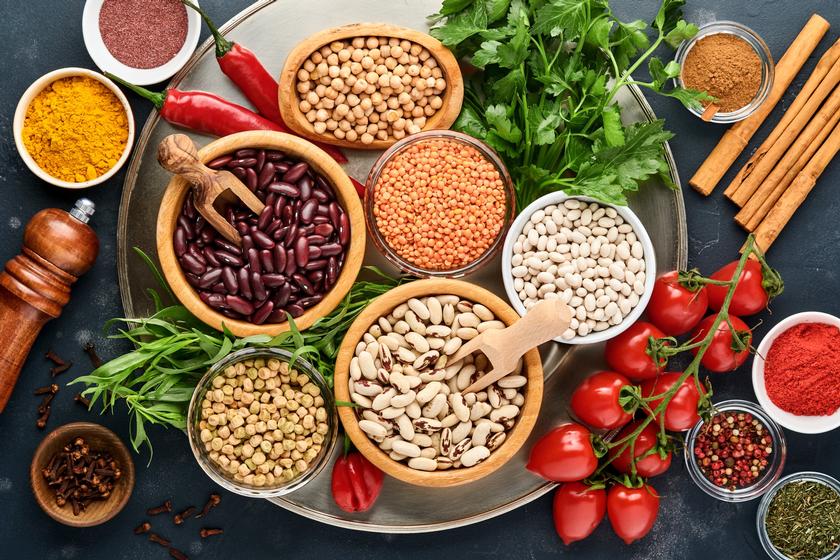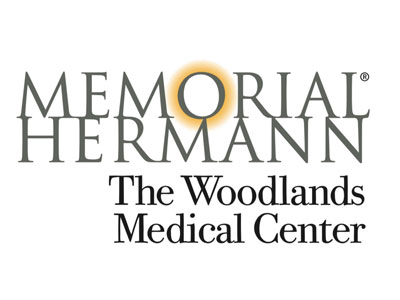Protein is a nutritional powerhouse. But how much do we really need?

We all need protein, but just how much — and how best to get it — is a mystery to many of us. While there’s no magic formula for the right amount, and no supplement that will give us our daily allowance in a single dose, the good news is that it isn’t rocket science, says Brett Singer, a sports dietitian with Memorial Hermann | Rockets Sports Medicine Institute.
“Nutrition in general isn’t one-size-fits-all, but it’s not overly complicated, either,” Singer says. “It’ll depend on a variety of factors, including your needs and your goals as well as your schedule and your lifestyle. You weigh all those factors and make the best decisions you can.”
Some of us are stymied by conflicting information about protein, however. Many popular diet plans, including the ketogenic diet, prioritize protein intake while limiting the amount of carbohydrates a dieter consumes. Now some health experts are warning of the risks of focusing too heavily on protein at the expense of other nutrients.
So how much protein do we actually need? “It varies by age, activity level and the size of the individual,” Singer says. “The U.S. Department of Agriculture guidelines translate to about 0.4 grams per pound of body weight. For older adults, the recommendation is a little higher than for younger adults, because older folks are at greater risk of losing muscle mass, so their protein needs are higher.”
In terms of meal planning, aim for 20 to 40 grams of protein at each meal or snack, Singer says. “Most adults need closer to 80 grams per day, at a minimum,” he says. “A lot of adults eat a lot of protein at dinner and not much at all at breakfast or lunch, but it works better if you distribute your protein more evenly throughout the day.”
Protein is an essential macronutrient that plays a key role in everything from building muscle to carrying oxygen in our blood. The “macro” in macronutrient is why there’s no pill we can take to meet our recommended daily allowance of protein. Unlike vitamins, which are measured in milligrams, the protein we need is measured in grams — too much to swallow in pill form.
Because our body doesn’t store amino acids — the building blocks of protein — we have to get a steady supply from the food we eat. If we don’t get enough, we can lose muscle mass and our heart and respiratory system will weaken.
“Protein plays a really important part in our muscle health, which is important not just in terms of your strength but for all the organs in your body. Not having enough muscle mass also puts you at a higher risk for some diseases, including type 2 diabetes,” Singer says.
And as we age, it becomes progressively harder to build and retain muscle. “If you lose muscle, it’s not easy to get that back,” he says.
Eating enough protein can also play a role in helping maintain a healthy weight. “Muscle is more metabolically active, so it uses more energy and can help maintain weight and prevent weight gain. We find that people tend to feel more full when they eat more protein, so that can also help prevent us from overindulging,” Singer says.
The best sources of protein are the ones that are the most appealing to you and fit best with your health goals, says Singer. Any diet, including vegetarian and vegan diets, can include a wide variety of proteins.
“These days you can readily find noodles made of beans and chickpeas, as well as plant-based meats, soymilk and pea milk, lots of things made of soy,” he says. “Beans and peas are a good source of protein, but also a source of carbs, so if you’re on a calorie-limited diet, it can make it hard to get the amount of protein you need without going over the calorie limit you’re aiming for. Nuts and seeds contain protein but also quite a bit of fat, so that can be the same issue.”
If you need more protein than your meals provide, there are also plenty of options in snack form. “Things like Greek yogurt, cottage cheese, eggs, milk and jerky are great choices,” Singer says. “Protein shakes and bars can be a convenient option if you can’t do it through whole foods alone. It’s not my first choice, but if you need something convenient and easy that can help you meet your protein demands, it can be fine, depending on what your dietary goal is. If you’re trying to watch your caloric intake, they may not be a good fit for you, so it’s kind of a balancing act.”
Singer doesn’t worry much about ending up with too much protein in your diet.
“Is it going to be harmful? No, unless you already have a condition like kidney disease where it could compound the effects. Can you be so focused on protein that you miss out on other nutrients? I’d say you could have a diet that’s so protein-heavy it ends up low in carbohydrates, including fruits and vegetables, and lacking fiber, so it affects your gastrointestinal function or your overall energy level,” he says. “But with the clients I work with, I see more people who are underdoing it than overdoing it. A big portion of my clients are consuming less protein than they need, and sometimes those dietary choices are based on misinformation. We try to give people the information they need to make decisions that are right for them.”
To learn more, visit www.memorialhermann.org/services/human-performance/sports-nutrition-services.

















